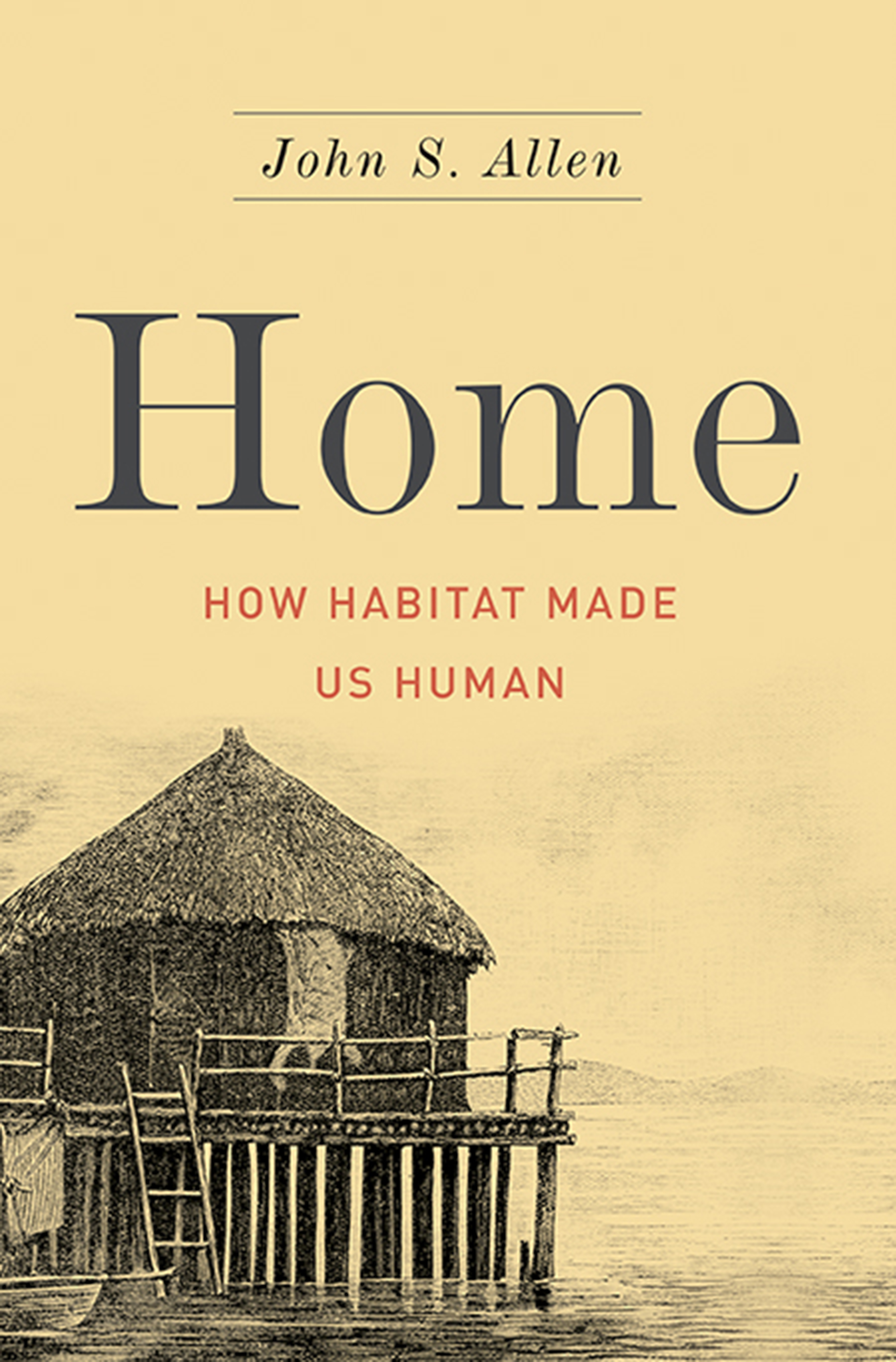By clicking “Accept,” you agree to the use of cookies and similar technologies on your device as set forth in our Cookie Policy and our Privacy Policy. Please note that certain cookies are essential for this website to function properly and do not require user consent to be deployed.
Home
How Habitat Made Us Human
Contributors
By John S Allen
Formats and Prices
- On Sale
- Dec 29, 2015
- Page Count
- 304 pages
- Publisher
- Basic Books
- ISBN-13
- 9780465073894
Price
$19.99Price
$25.99 CADFormat
Format:
- ebook $19.99 $25.99 CAD
- Hardcover $35.00 $46.00 CAD
This item is a preorder. Your payment method will be charged immediately, and the product is expected to ship on or around December 29, 2015. This date is subject to change due to shipping delays beyond our control.
Buy from Other Retailers:
Home is where the heart is. Security, comfort, even love, are all feelings that are centered on the humble abode. But what if there is more to the feeling of being at home? Neuroanthropologist John S. Allen believes that the human habitat is one of the most important products of human cognitive, technological, and cultural evolution over the past two million years. In Home, Allen argues that to “feel at home” is more than just an expression, but reflects a deep-seated cognitive basis for the human desire to have, use, and enjoy a place of one’s own.
Allen addresses the very basic question: How did a place to sleep become a home? Within human evolution, he ranks house and home as a signature development of our species, as it emerged alongside cooperative hunting, language, and other critical aspects of humanity. Many animals burrow, making permanent home bases, but primates, generally speaking, do not: most wander, making nests at night wherever they might find themselves. This is often in home territory, but it isn’t quite home. Our hominid ancestors were wanderers, too — so how did we, over the past several million years, find our way home? To tell that story Allen will take us through evolutionary anthropology, neuroscience, the study of emotion, and modern sociology. He examines the home from the inside (of our heads) out: homes are built with our brains as much as with our hands and tools. Allen argues that the thing that may have been most critical in our evolution is not the physical aspect of a home, but developing a feeling of defining, creating, and being in a home, whatever its physical form. The result was an environment, relatively secure against whatever horrors lurked outside, that enabled the expensive but creative human mind to reach its full flowering. Today, with the threat of homelessness, child foster-care, and foreclosure, this idea of having a home is more powerful than ever.
In a clear and accessible writing style, Allen sheds light on the deep, cognitive sources of the pleasures of having a home, the evolution of those behaviors, and why the deep reasons why they matter. Home is the story about how humans evolved to create a space not only for shelter, but also for nurturing creativity, innovation, and culture — and why “feeling at home” is a fundamental aspect of the human condition.
Genre:
Newsletter Signup
By clicking ‘Sign Up,’ I acknowledge that I have read and agree to Hachette Book Group’s Privacy Policy and Terms of Use







